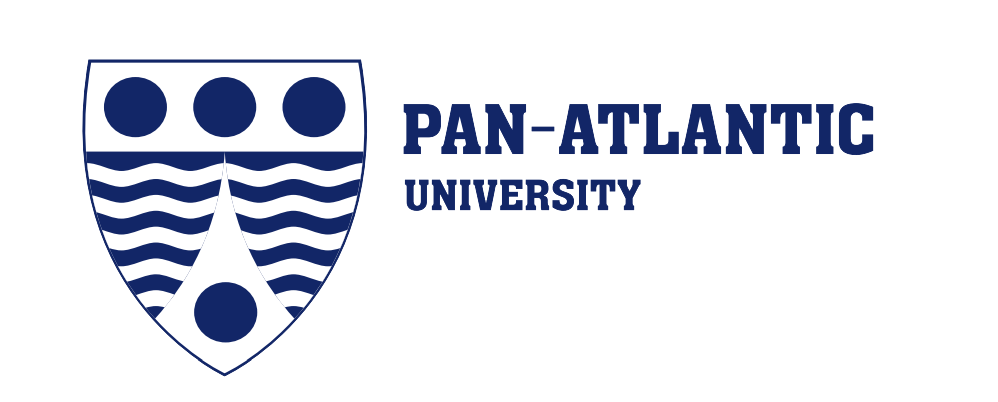PAU offers first degree programmes in the following courses:
School of Management and Social Sciences
B.Sc. in Business Administration
School of Media and Communication
B.Sc. in Information Science and Media Studies (Digital Media)
School of Science and Technology
B.Eng. in Electrical/Electronic Engineering
B.Eng. in Mechanical Engineering
B.Eng. Mechatronics Engineering

